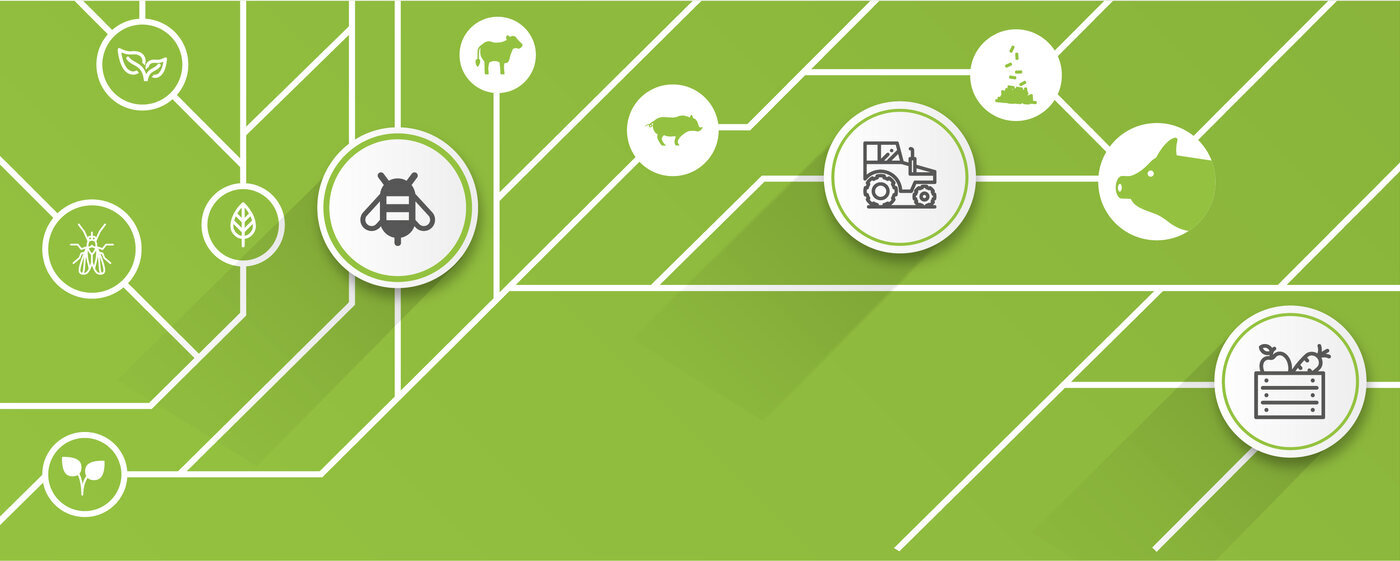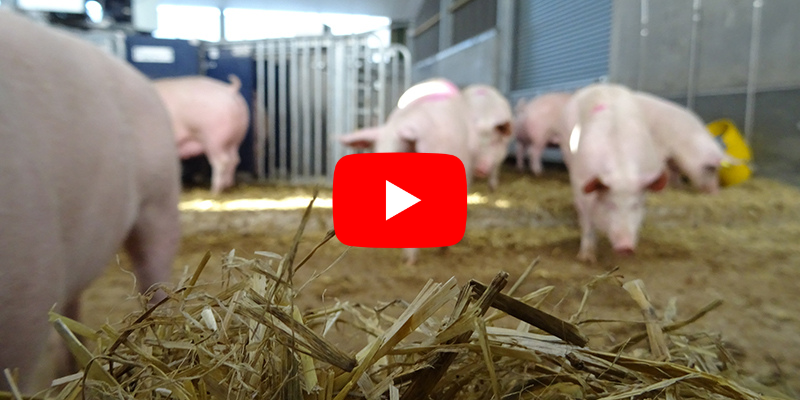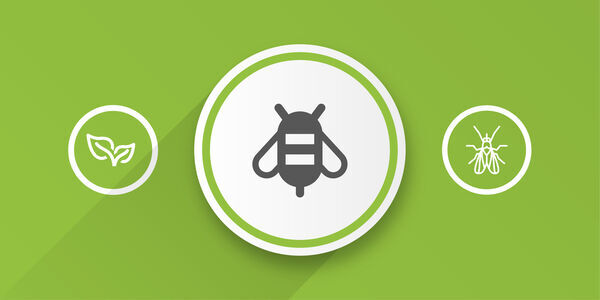Sustainable Agriculture
Grand Challenge

- Faculty of Biological Sciences
- Research and innovation
- Research impact
- Sustainable Agriculture
Sustainable Agriculture
The challenge
The global population is projected to reach 10 billion by the year 2050, but there is strong evidence that agricultural yields are not keeping pace.
In many parts of the world, agricultural practices either do not make optimal use of the available land or involve a form of farming that is destructive to natural systems.
In order to feed the world’s growing population, we need to intensify production through greater production per unit area of land, and increase the sustainability of that production through reducing impacts on natural systems and ensuring that methods can be used in the long-term.
815 million
people suffer from hunger challenges worldwide
20%
rise in food demand over the next 15 years
25%
of greenhouse gas emissions generated by agriculture
Addressing the challenge
School of Biology researchers in the Faculty of Biological Sciences across all our research groups are studying this problem of sustainable intensification from different angles.
The Centre for Plant Sciences is working on biotechnological approaches to enhancing yield so that the same plants can produce more food or less waste.
The Heredity, Disease and Development Group is pioneering new approaches to livestock nutrition, such as reductions in antibiotic use and micronutrient enrichment to increase the efficiency of animal farming.
The Ecology and Evolution Research Group is exploring how the ecosystem services associated with agricultural landscapes (pollination, pest control, water management) can be preserved in the face of intensification and how those services can be used to enhance yields.
These approaches are combined in largescale projects such as AFRICAP, an £8m project designed to enhance the sustainability of smallholder farming in Africa while still facilitating economic development.
CIEL@Leeds National Pig Centre
The National Pig Centre, developed in partnership between CIEL and the University of Leeds, is the UK’s largest and most advanced facility for research into pig nutrition, behaviour, welfare and health and production systems. The National Pig Centre co-develops research programmes in collaboration with academic and industry partners to address current agricultural challenges.
Delivered impact
Our future food - thought leadership for food systems
Research in sustainable agriculture led by academics in the School of Biology has been used to inform policy debates by the UK Government, the World Economic Forum and the United Nations.
More on Our future food - thought leadership for food systemsInsect pollinators
Professor Bill Kunin has estimated changes in local and regional pollinator species and has used this information to support policy makers and farmers.
More on Insect pollinators



